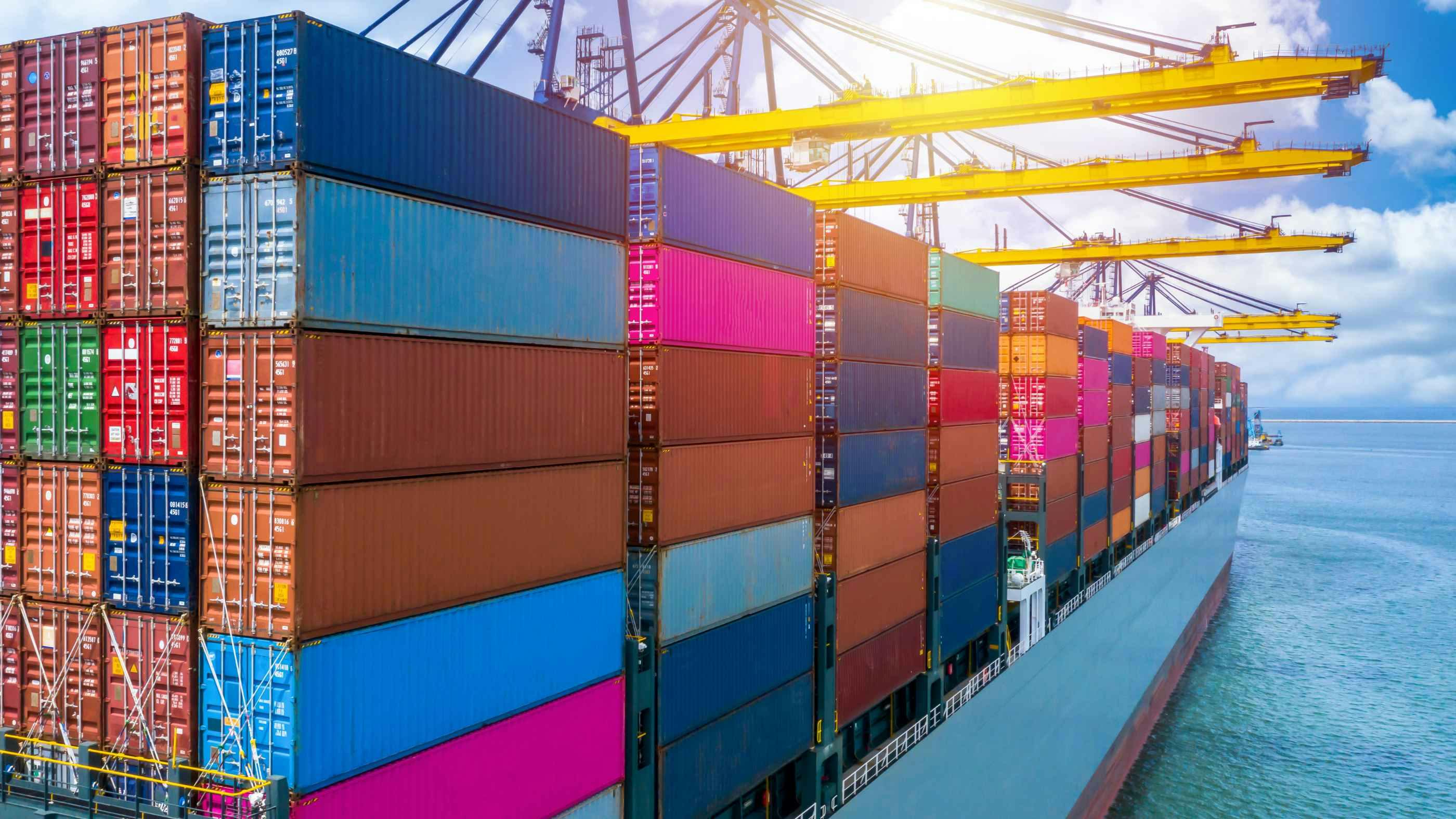Terminals
Your needs


Poor data exchange hinders cargo flow
Terminal operators need timely and accurate information about vessel visits and container events for their crane and yard operations to run smoothly. Unfortunately, current methods for generating and communicating operational data are antiquated, manual, unaligned and unpredictable. As a result, inaccurate data is often exchanged inconsistently, unclearly, or not at all, making effective resource planning impossible for terminals and every other stakeholder in a shipping transaction. For terminals, poor data exchange hinders cargo flow, creating unnecessary moves and impacting crane, maintenance and crew planning. These disruptions ripple across the supply chain causing cascading delays of feeder vessels and inland transport.

Aligned port call data
DCSA standards improve terminal operations planning by ensuring every piece of data is shared according to a clear, consistent and unambiguous process, and that port call data is aligned, accessible and actionable by every stakeholder. This level of transparency will create stable, predictable and reliable port calls which will improve berth, yard and crew planning and make it possible to apply just-in-time (JIT) principles to vessel and port call operations. Once established, JIT operations will reduce congestion, delays, waiting time and idle time at ports, terminals and inland. This will improve cargo flow from gate in to gate out, and ultimately make shipping operations more sustainable by eliminating unnecessary fuel consumption and lowering emissions.
Key benefits
Our standards will provide several key benefits for you as a bank.
- More efficient terminal operations
Accurate, standardised, timely berth arrival and departure data from visiting vessels creates more stable, reliable and predictable port calls. This improved visibility and predictability enables more effective resource planning which will reduce unpaid moves, increase crane productivity and optimise crew and yard planning. - A fully transparent vessel and equipment journey for a better customer experience
Unify digital data exchange to enable automated, on-demand, real-time communication with carriers, ports and inland service providers. Provide access to critical vessel and container event information when and where it’s convenient for stakeholders. Optimise the coordination of gate in and gate out timing, reducing container dwell time - Reducing idle time of vessels at berth
Full transparency of cargo operations, such as start and completion, allows for quicker coordination and alignment of berthing and unberthing processes. This reduces the time vessels spend idle at berth waiting for nautical services such as pilotage. - More sustainable terminal operations
Automated communication enables JIT operations for vessels, ports and terminals. JIT can reduce congestion, delays, waiting time and idle time, which will decrease carbon emissions from vessels at sea and inland. For terminals specifically, improved cargo flow reduces end-to-end energy consumption both internally on unnecessary moves as well as subsequent hinterland nodes.


Join DCSA+
The DCSA+ partnership programme offers a unique opportunity to collaborate with industry leaders, drive innovation, and accelerate interoperability.
Connect with key stakeholders to exchange insights and explore opportunities. Accelerate your digital journey with expert support for implementing standards. Contribute to future digital standards.
Let us know how we're doing
Where you able to find what you were looking for on this website?
Our standards allow real-time collaboration between container shipping stakeholders. By ensuring continious access to timely shipping information, our standars enable stakeholders to proactive, data-driven decisions that improve business agility.
Ready to implement?
API specifications and a reference implementation can be found in our Developer Portal.
Contact us
Shape the future of container shipping with us. Contact us to discover how digital standards can help your organisation to grow.
Contact us
Shape the future of container shipping with us. Contact us to discover how digital standards can help your organisation to grow.






